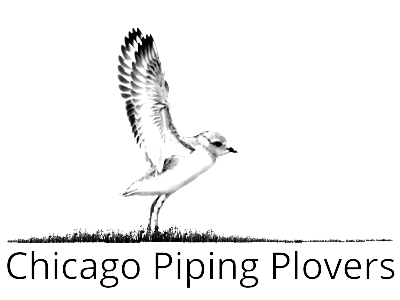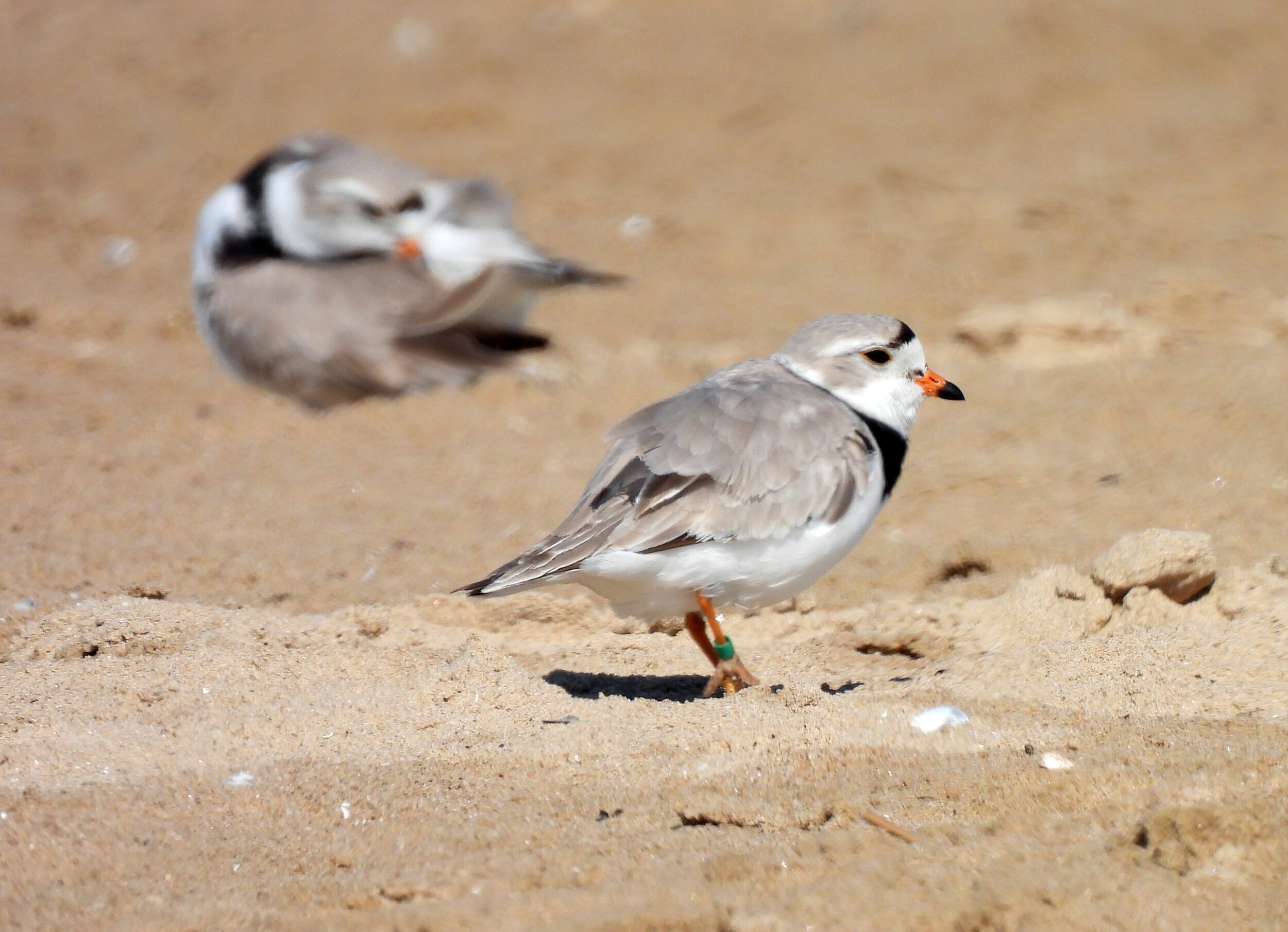Beacons of Hope
2021 Plover nesting season has been a bit of a roller coaster. Monty stayed at his wintering grounds on the Bolivar Flats in coastal Texas longer than anticipated (keeping Rose waiting on her toes). As soon as he arrived they got busy with making nest scrapes, courting, and finally mating. The people of Chicago were once again elated to hear that our famous Piping Plovers returned once again. We personally find it incredible that these birds come back to Montrose Beach of all places. When we first heard that Monty and Rose were back at Montrose this year, a smile lit up on our faces. The true beauty of these birds and how, year after year, they come back to the same place to breed. This is something that we love about it. Looking through a scope and seeing the detail on the birds is amazing because they are so beautiful. We've been monitoring for 3 years now and have watched the birds get more comfortable with their surroundings. Also the people come to love them and want to get involved. A major focus of this year's monitoring effort is about getting the public involved with the birds and answering any and all questions related to the birds. This was a great part of the year for us, interacting with the public and being able to share our passion with people interested in what was going on. In 2019 the birds nested over by the Bank Swallows with only a little space sectioned off for them. In 2020, Montrose was closed to the public when they were nesting, and only monitors could see what was happening with the birds. Once the eggs hatched and Montrose opened back up, the excitement buzzed as people stopped to gaze at the fluffballs running around in the sand.
This year, in the dead of night on June 3rd, a skunk chewed through the welding on the protective cage over Monty and Rose's nest and ate all 4 eggs. Now, three out of the four years they have nested/attempted to nest in Chicagoland, they have experienced setbacks. In 2018, their nest risked trampling at Waukegan Beach and the eggs had to be removed for incubation. In 2019 their first nest at Montrose was flooded, and now in 2021 disaster struck and the eggs were eaten. These two birds have been incredibly resilient to these hardships, and by nature, always bounce back. Early in the morning of this incident, Monty and Rose were seen scouting out new nesting areas, and were observed courting.
Moving forward, we hope that Monty and Rose continue to nest at Montrose and inspire people to get involved with wildlife, and conserving the species in the natural areas we have left. We look forward to seeing more and more people get excited about Monty and Rose, which to us, is a beacon of hope.
Photo by David and Ann Gunkel.

